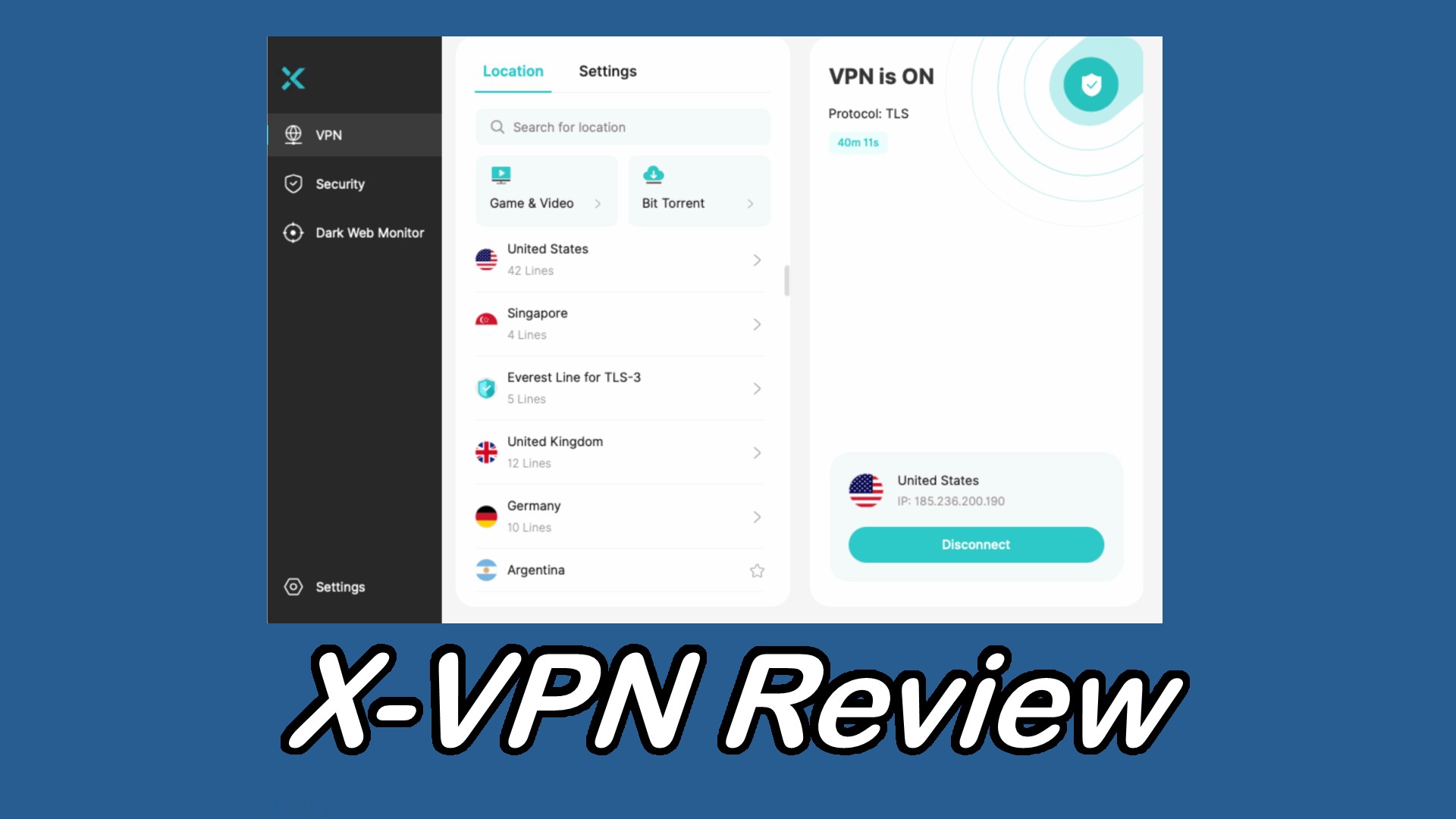Russia to Invest $660 Million in Censorship Tech Overhaul

Russia has published a proposal to spend nearly 60 billion rubles ($660 million) from 2025 to 2030 on an upgrade to the Technical Measures to Combat Threats (TSPU) — a censorship system installed across the country’s major internet service providers.
The proposal, first reported by Forbes Russia and later by Reuters, comes as Russia’s lower house of parliament, the State Duma, on Tuesday passed a draft law that would tighten control over software and hardware used by ISPs to enforce Russia’s internet censorship regime.
The proposal to modernize TSPU, which is part of a larger federal project on cybersecurity infrastructure, was published by the Russian digital development ministry following a directive from Russia’s Security Council, a body led by President Vladimir Putin.
The 2019 law legalizes TSPU, a system of Deep Packet Inspection (DPI) devices that can block websites, apps, and services using a variety of techniques — including blocking IP addresses, ports, protocols and more. The devices were initially installed in Russian ISPs at the behest of Roskomnadzor, Russia’s internet and media censor, in 2020.
TSPU is believed to have been developed by Russian companies with the involvement of the Russian government, though it’s not entirely clear who exactly owns and operates the system. TSPU is managed by Russian telecoms, and it’s thought to be operated by Rostelecom, Russia’s largest ISP.
In a statement to Reuters, Russian digital rights group Roskomsvoboda’s CTO Stanislav Shakirov said that Russia’s existing online censorship infrastructure, including TSPU, is already “quite effective” at blocking VPNs. However, the additional funding for TSPU will likely increase the system’s efficiency at blocking VPN traffic, he said.
“This doesn’t mean that there won’t be ways to get around these blockings, but of course, it makes it more difficult,” Shakirov said.
Per Forbes Russia, the Russian government’s new investment in TSPU will be used to improve the system’s “bandwidth characteristics” and increase “the level of efficiency of restricting access to VPN blocking bypass tools up to 96%.”
Russia over the past several years has banned VPNs, throttled VPN traffic, and blocked websites that promote or host VPNs. The new funding for TSPU suggests that Russia is doubling down on its efforts to stamp out VPN use in the country, potentially complicating the work of VPN providers that have managed to stay a step ahead of Russia’s censors.
“This is why these equipment purchases are a necessary step for Roskomnadzor, although we cannot say if they will be enough,” Shakirov said.
Read our disclosure page to find out how can you help VPNCentral sustain the editorial team Read more






User forum
0 messages